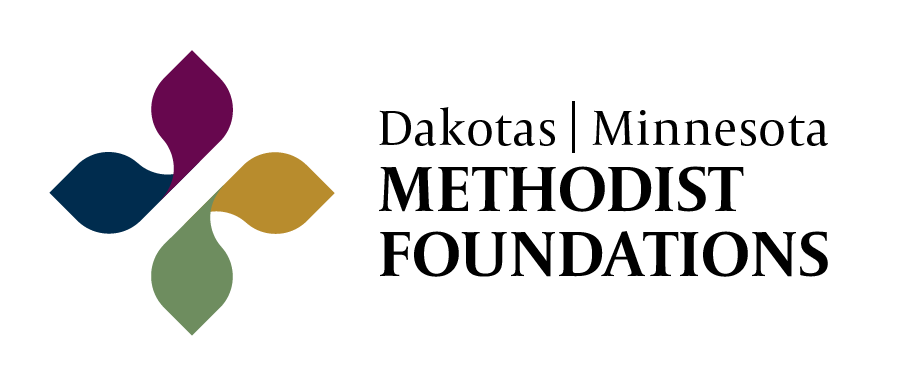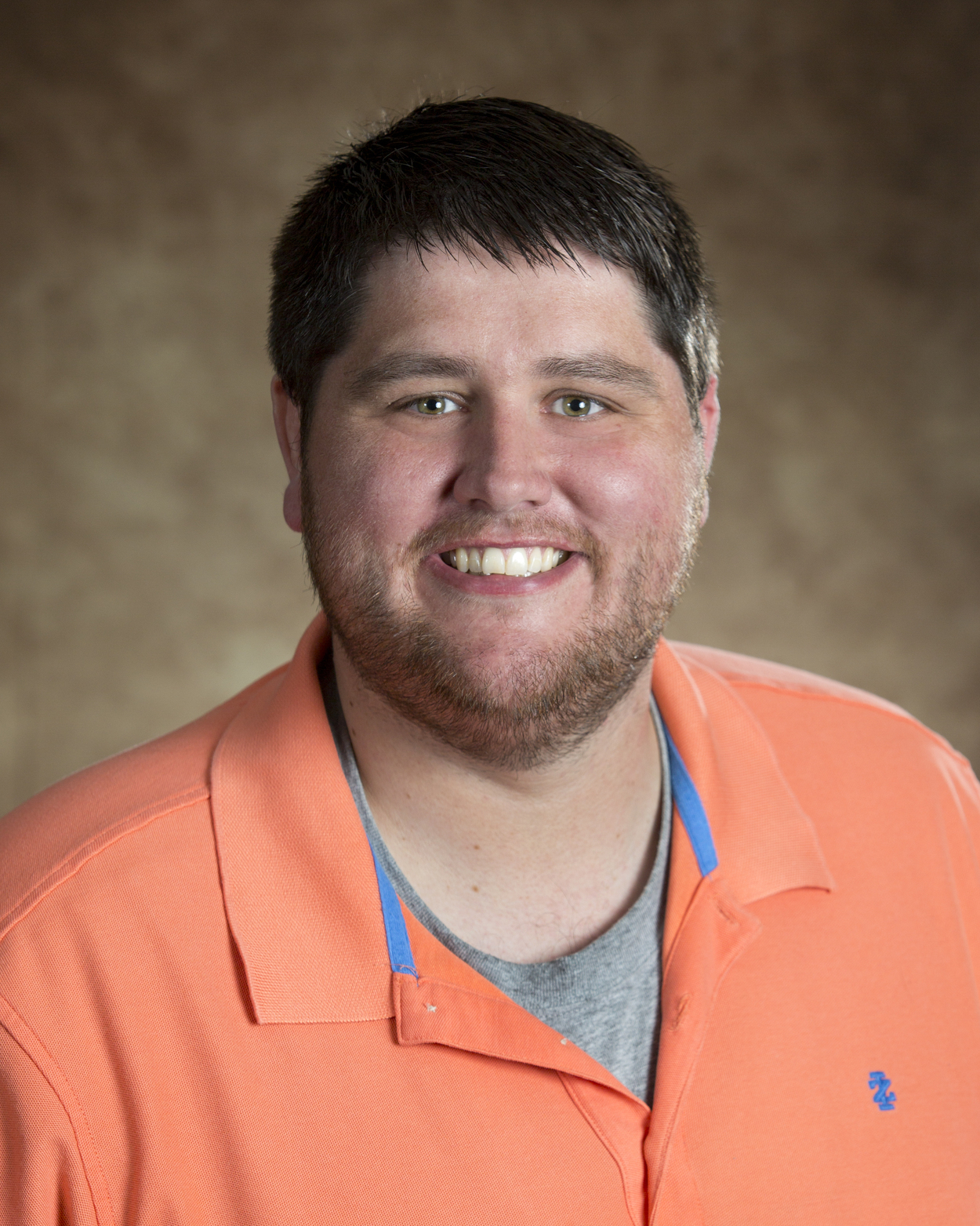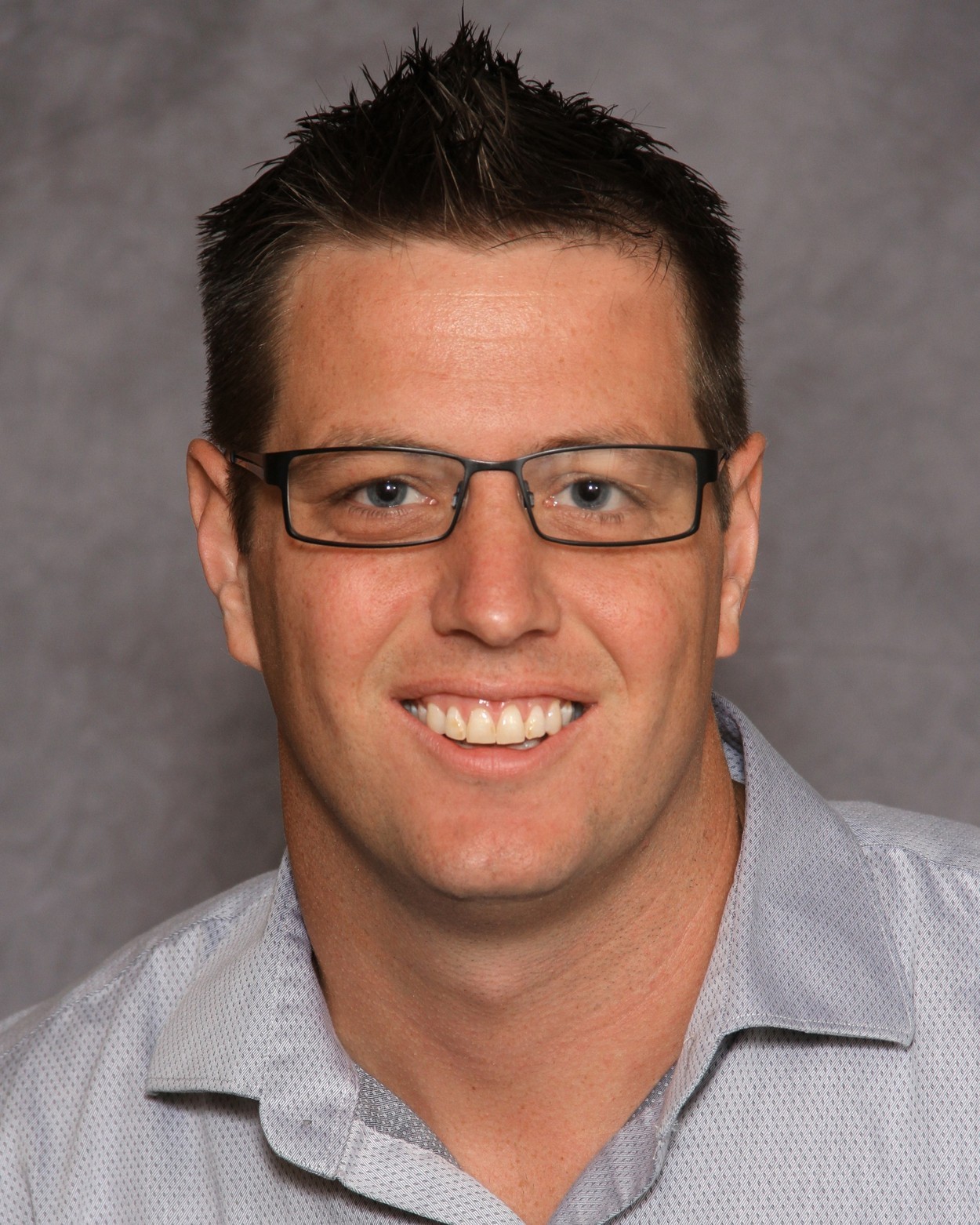
Debt-reduction grants enable clergy to lead from place of financial health

Photo from Adobe Stock images.
For as long as Rev. Derek Baum has been a pastor, he has been paying off student loans. Having attended Dakota Wesleyan University in Mitchell, South Dakota and then Sioux Falls Seminary, he acquired substantial debt in order to follow God’s call in his life. At one point, he realized that he probably wouldn’t be finished paying off his student debt until his oldest son was in college.
But thanks to three separate Investing in Leaders Resource Grants (formerly called Student Debt-Reduction Grants) he’s received from the Dakotas-Minnesota Area, he’s been able to pay down his educational debt faster than anticipated—and he just recently paid it off in full.
Baum, who serves First UMC in Aberdeen, South Dakota, is among 35 Area pastors who recently received a $5,000 grant. Clergy who have educational debt and completed a financial education class are eligible for the grants, which are made possible through a $1 million grant from Lilly Endowment Inc. that was awarded to the Area in late 2016. The Lilly Grant aims to help pastors develop stronger financial literacy skills, reduce or eliminate educational debt, and become equipped to foster a theology of generosity within their congregations.
The average student debt of this year’s grant recipients was $67,000, with some owing just a few thousand dollars and others carrying debt well exceeding $100,000.
“Pastors who are free from anxiety and fear about their personal situation are much better pastoral leaders,” said Diane Owen, Lilly Grant program director for the Dakotas-Minnesota Area. “This freedom allows our clergy to guide their churches to a culture of giving generously if they are secure with their own finances and ability to give.”
Reducing financial burden
Rev. Abby Kammann’s parents blessed her with the gift of paying her way through college. But when she got to seminary, the expenses were more than she’d anticipated. By the time she graduated and began her first job in ministry, her $400 a month student loan payment seemed impossible on her small salary. The three grants she’s received have made a huge difference in her financial health, and the last one enabled her to pay off her student loan in full.
“One of the most significant ways it impacts me as a pastoral leader is to model for my congregation generosity, to tithe, and also to offer back to God beyond that,” said Kammann, who serves Immanuel UMC in Corcoran, Minnesota. “When a church member was in need, I was able to contribute along with several others to meet that need. Had I still been burdened with this payment, I would not have been able to join my congregation in helping someone in need.
Kammann’s financial goals now include paying off all of her debt, helping her kids pay for college, and saving for retirement. No longer being burdened with student debt has helped her make progress on all three of those goals.

Pastor Jason "Marty" Martens, who serves Celebration UMC in Brandon, SD. Dakotas Conference file photo.
The grant has also been a godsend for Rev. Jason "Marty" Martens, who serves Celebration UMC in Brandon, South Dakota. With the help of the grant, he will be completely debt-free by February 2021.
“Student debt was a burden that was always on my shoulders and it was always something that limited my ability to truly speak into finances of the church or financial giving to the church because I understood and empathized with the burden of having debt and not wanting to ask people to give if they had that burden,” he said. “Receiving the grant has allowed me to reduce debt, to create flexibility in my tithing and giving to the church and other organizations, and to speak with more confidence as a pastor when it comes to both church and personal finances.”
This was the first year that Rev. Brooke Heerwald Steiner, who serves Excelsior UMC in Minnesota, received a grant. She and her husband have been plugging away at their debt for years, but because her student loan interest rates were the lowest, she hardly ever paid more than the minimum due each month—so her debt, although not incapacitating, was always looming.
Thanks to the grant she received, her student debt now stands at just $9—and she’s excited to log in and pay it so she can be done with this longtime obligation. She will be debt-free except for her mortgage, and not having student debt will enable her to add to the amount she and her husband are saving for their children’s college education. They also hope to pay off their home in 15 years, increase their own giving each year, and take trip to Europe.
“Grants like this entice pastors (I hope) to really invest in their education if they feel like it won't be a burden to them for decades after,” Steiner said. “There are a lot of stresses leading a church, many of them financial, that it's healthy for pastors to not constantly be struggling with their own finances.”
Baum echoed that sentiment.
“Pastors carry a lot of weight from an emotional side of things,” he said. “You will celebrate a birth and mourn a death in a matter of minutes. When you can take one less thing off the plate of a clergy, there really are no words to fully explain how much of a good feeling that is to have.”
Improving financial literacy
Completing a financial education course is one of the application requirements for the student debt-reduction grants. Each applicant can select the training program that best meets their needs and aligns with their values. Baum, Kammann, and Martens all selected Financial Peace University and said the principles it taught have stuck with them.

Pastor Derek Baum serves First UMC in Aberdeen, SD. File photo.
Both Baum and Kammann said having a monthly budget and sticking to it has become a key financial practice, and the concept of the “debt snowball” resonated strongly. This debt-reduction strategy involves paying off debt in order of smallest to largest. When the smallest debt is paid in full, you roll the money you were paying on that debt into the next smallest balance.
Baum appreciated Financial Peace University so much that he’s made it part of the marriage classes he offers at his church. The first step the class urges is saving $1,000; each time a couple does this, the church gives them an extra $100—which Baum said provides an incentive to save and also increases the likelihood that a couple will remain connected to the church after they marry.
Baum, who will soon purchase the parsonage he lives in, is grateful for the accountability provided by his financial education class and is committed to helping his children and his church community benefit from what he took away from it.
“The $15,000 I received has been a huge blessing, but the biggest blessing is what I’ve learned in the process and how I’ll be able to share it with other people,” he said.